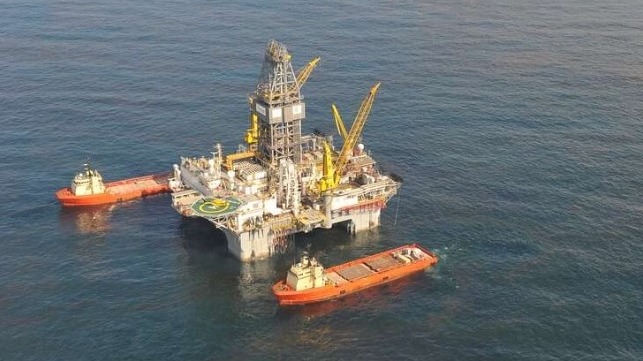OMSA: Let New OSV Deckhands Ship Out While Awaiting Their First MMC

To address challenges in recruiting and manning, the Offshore Marine Service Association (OMSA) has asked the U.S. Coast Guard to reinstate a labor policy that lapsed 30 years ago. Up until 1992, entry-level mariners could start working on offshore vessels while they were waiting for the National Maritime Center to approve their application for a Merchant Mariner Credential (MMC).
Using a USCG “Temporary Certificate of Identification," new deckhands could ship out for their first voyage as soon as they passed their physical and their drug test. The form would have to include a copy of the new seafarers' TWIC card application, but it would be a similar document to the 1990s-era version in other respects. To cover the timetable for NMC's processing timeline, OMSA recommends that the certificate should be valid for 90 days.
"Many vessel operators engaged in offshore energy markets face a significant barrier in attracting and securing prospective entry-level mariners because these mariners must wait for the USCG to process and approve their MMC application. This wait for approval is significant; the NMC currently reports an average overall processing time of just over 50 days for November 2021," said OMSA President Aaron Smith in a letter to Rear Admiral John Mauger, the Coast Guard's Assistant Commandant for Prevention Policy. "Most Americans do not have the finances and support networks necessary to endure a delay spanning weeks or even months to obtain the required MMC."
Based on data from the NMC, OMSA believes that this change would create very little risk. Over the course of 2020, NMC received more than 48,000 applictions for a new MMC and declined only 105 - about 0.2 percent. "On balance, an acceptance rate of 99.8 percent does not warrant the hardship caused by processing delays which run weeks if not months in length," said Smith.
Smith noted that many new deckhands are already working around the NMC's timetable by starting their career on inland waterways vessels, which are exempt from MMC requirements for ratings. While working on an inland towboat, the applicant files for an MMC, and then - when the credential finally comes through - quits and switches to the offshore industry. This adds friction and complexity, and many applicants choose to work in a different industry instead.
To ensure continued safety, OMSA notes that the Coast Guard could restrict access to this program to only maritime companies that have implemented a proper SMS for training. Existing MARSEC requirements for accompanying visitors and new employees would ensure that security standards are maintained at the current level.
